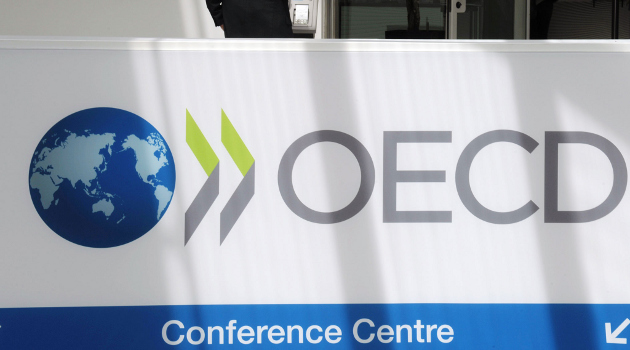The White House budget released earlier this week recognizes a reality that CF&P has long highlighted: taxpayer dollars are being wasted on international organizations that actively work against the interests of the US. The Trump budget plans for a spending cut on contributions to international organizations of approximately $450M from the estimated 2017 levels of $1.45B—almost a 31% reduction—and calls for a strategic review to determine from which organizations those cuts will come.
Here is the relevant explanation from the Budget Justification for the Department of State, Foreign Operations, and Related Programs (p. 181):
The FY 2018 request calls for significant reductions in U.S. contributions to international organizations. In order to implement the necessary reductions, the Department is examining options to: (a) reduce the levels of international organizations’ budgets, (b) reduce U.S. assessment rates, and/or (c) possibly not pay U.S. assessments in full.
Reducing international organization budgets and U.S. assessment rates requires agreement by other member states in inter-governmental bodies such as the UN General Assembly. For many of the larger organizations funded through the CIO account, the contributions and assessment rates in the request are for calendar year 2017 and since these budgets have already been approved by their respective governing bodies, they cannot be reduced retroactively. Reducing international organization budgets in future years will require a re-doubling of U.S. efforts to gain support from other member states, including key allies that have been supportive of efforts to limit budget growth. The Department is examining possible methods for achieving these objectives.
The third option, partial non-payment of assessments, can be achieved through unilateral decisions by the United States Government.
Therefore, in order to secure U.S. interests and ensure that limited funding goes to international organizations that most directly promote U.S. interests, the Department and interagency stakeholders will conduct a strategic review of organizations where reductions can be achieved while maintaining U.S. national interests. This interagency process will give priority to organizations that most directly support U.S. national security interests, such as NATO, and American prosperity.
If the interagency review really does prioritize organizations that support American prosperity, then the OECD should be cut completely. As we have extensively documented, it works against the interests of American taxpayers by trying to limit tax competition and raise global tax rates, and by lobbying for big government in the US.
Let’s hope that the Trump administration follows through on its commitment to review international funding to ensure it is advancing American interests, and that members of Congress do their part and stand up for American taxpayers when they provide their own budget proposal(s).

